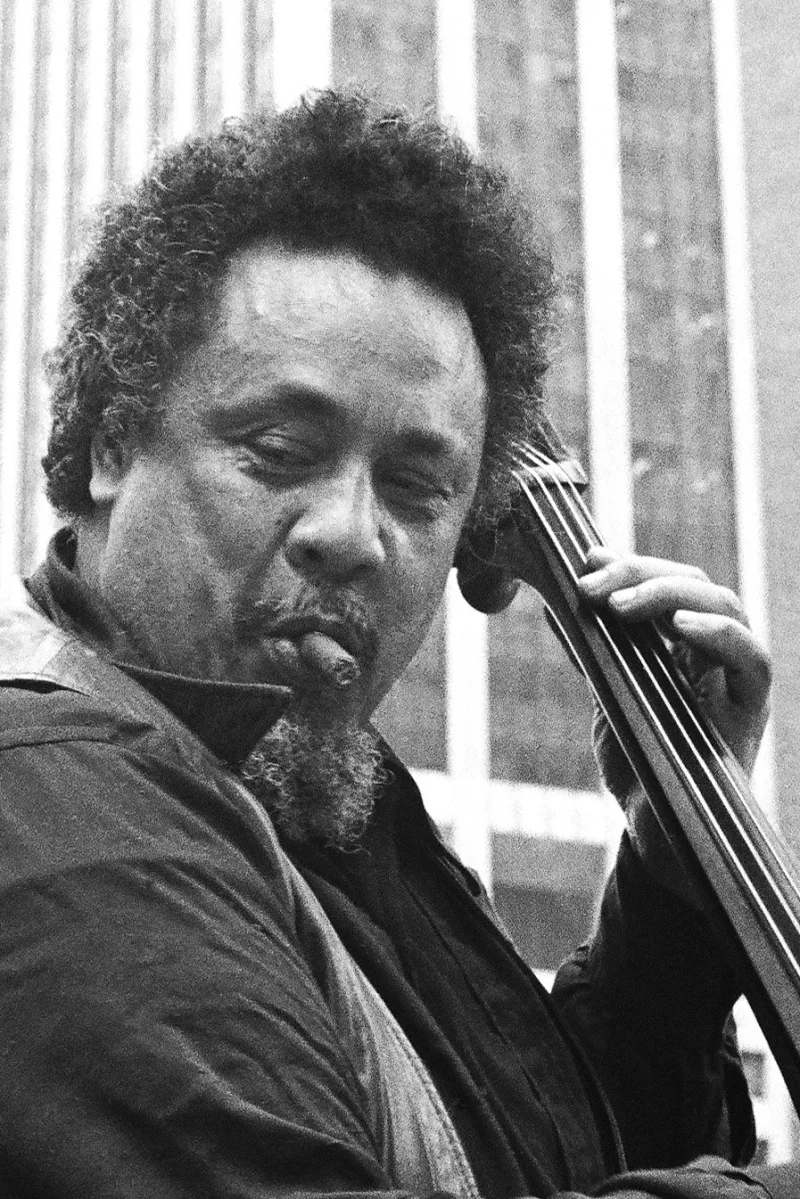Short Summary
Charles Mingus was a highly influential American jazz double bassist, composer, and bandleader. Renowned for his innovative approach to jazz, he played a pivotal role in the development of modern jazz music during the mid-20th century. Mingus is remembered for his complex compositions and powerful improvisations, which often incorporated elements of gospel, classical, and blues music. His contributions to jazz have cemented his legacy as one of the genre's most important figures.
Early Life & Education
Charles Mingus was born on April 22, 1922, in Nogales, Arizona, but he spent most of his early life in the Watts district of Los Angeles, California. Raised in a musically inclined family, he was exposed to a variety of musical genres from a young age. Initially, Mingus studied the trombone and cello before ultimately focusing on the double bass. His formal music education included studies under classical music instructor Lloyd Reese and bassist Red Callender. Early influences included Duke Ellington and church music, both of which would greatly shape his compositional style.
Career Highlights
Charles Mingus's career began in the 1940s when he played with notable jazz figures such as Louis Armstrong and Lionel Hampton. In the 1950s, he formed the Jazz Workshop, an ensemble that allowed him to explore and experiment with new musical ideas. His 1959 album "Mingus Ah Um" is considered a masterpiece, showcasing his prowess as both a composer and performer. Mingus's music often addressed social issues and civil rights, and he became known for using his platform to convey powerful messages. His dynamic performances and innovative compositions solidified his reputation as a leading figure in jazz.
Major Achievements
- Composed "Goodbye Pork Pie Hat," a tribute to saxophonist Lester Young, which became a jazz standard.
- Released the critically acclaimed album "The Black Saint and the Sinner Lady" in 1963, which is celebrated for its orchestral and intricate arrangements.
- Received a posthumous Grammy Lifetime Achievement Award in 1997 for his contributions to jazz.
- Published his autobiography, "Beneath the Underdog," offering insight into his life and thoughts on music.
Famous Quotes
- "Making the simple complicated is commonplace; making the complicated simple, awesomely simple, that's creativity."
- "Anyone can make the simple complicated. Creativity is making the complicated simple."
Interesting Facts
- Mingus was an outspoken advocate for civil rights and often used his music to address social issues.
- He was nicknamed "The Angry Man of Jazz" due to his passionate and sometimes volatile personality.
- Mingus's music often featured unconventional time signatures and complex harmonies.
- He founded his own record label, Debut Records, in 1952 with Max Roach.
Legacy / Influence
Charles Mingus's legacy endures through his groundbreaking compositions and influential recordings. His work continues to inspire generations of musicians and composers, transcending jazz to impact various music genres. Mingus's fearless approach to music and his dedication to addressing social issues through his art have left a lasting mark on the cultural landscape, affirming his status as one of the most significant figures in modern jazz history.
FAQ
Q: Why is Charles Mingus famous?
A: He is famous for his contributions to jazz music as a bassist, composer, and bandleader.
Q: What is one of his most famous albums?
A: "Mingus Ah Um" is one of his most celebrated albums.
Q: Did he receive any posthumous awards?
A: Yes, he received a Grammy Lifetime Achievement Award in 1997.











